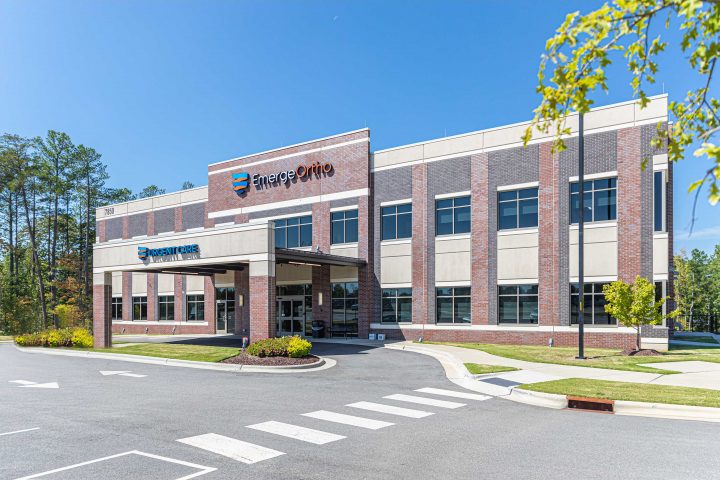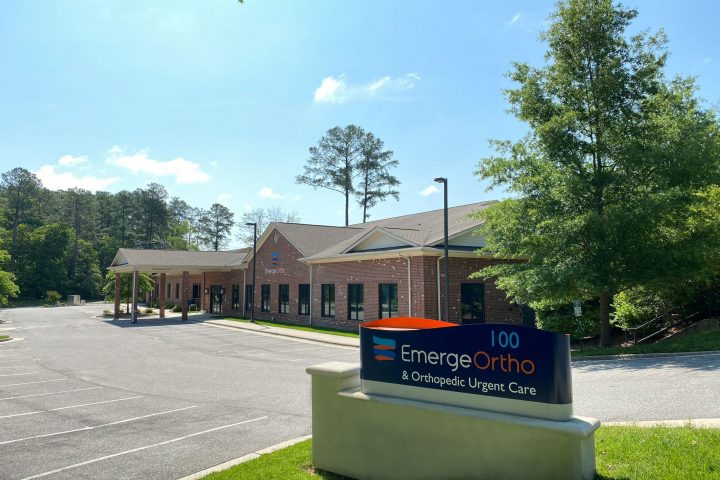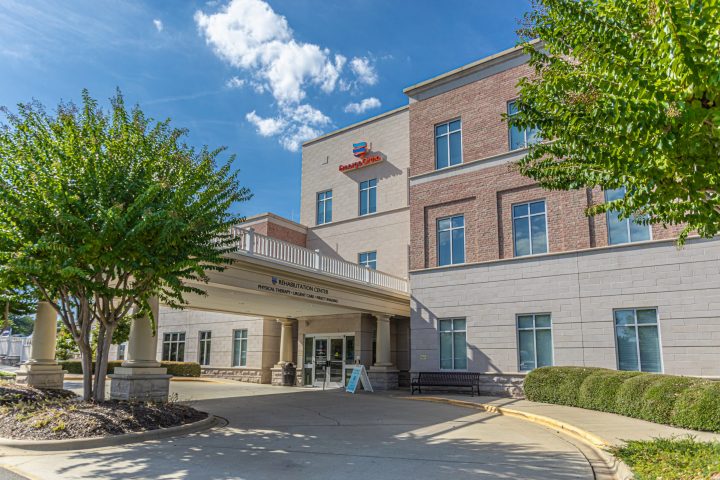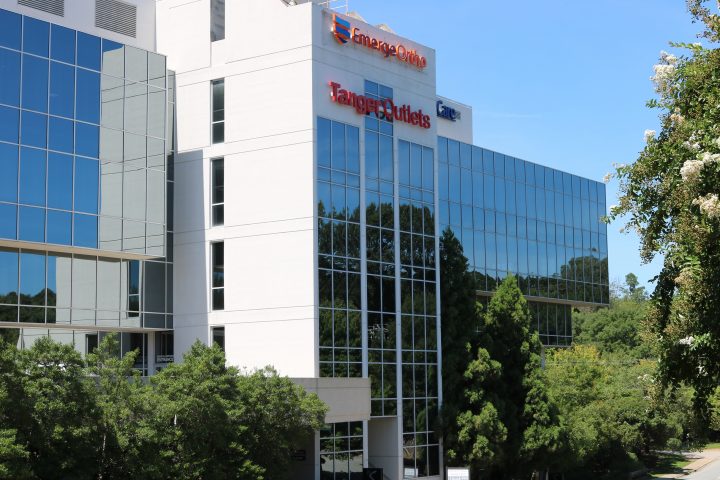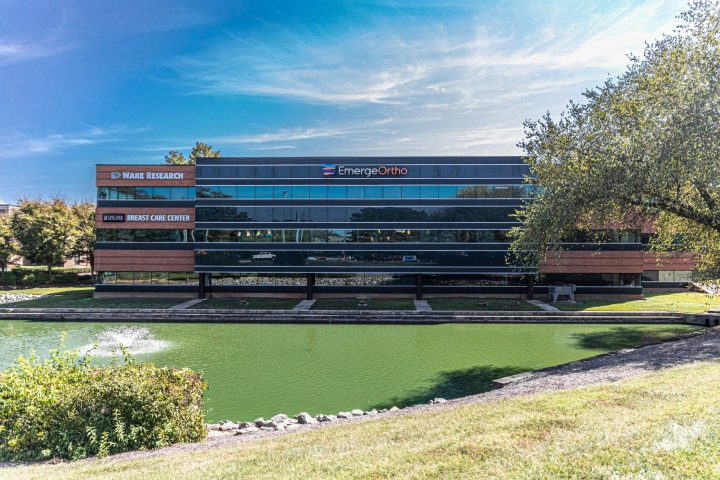What are the signs of a concussion?
If you play sports or have a child involved in athletics, you will want to know the answer to the question above. Even concussions with mild symptoms should be taken seriously. If you suspect that either you or someone you care for has experienced a concussion, it is important to seek professional medical attention immediately. Concussions can have both short and long term health impacts.
At EmergeOrtho, we have a highly-skilled, board-certified team of physicians that routinely diagnose and treat sports-related concussions. We provide baseline testing as well as injury evaluation, precision diagnosis, and evidence-based treatment options to help ensure a safe return to sports and activities.
Learn everything you need to know about sports-related concussions and how to safely recover with the sophisticated, patient-centered care provided by EmergeOrtho.
What Are the Signs of a Concussion?
It is estimated that between 1.7 and 3 million sports- and recreation-related concussions occur in the United States each year. A concussion is a traumatic brain injury that may or may not involve a loss of consciousness. Often, a sports-related concussion results from a bump, blow or jolt to the head or body that causes the brain to move quickly back and forth inside the head.
Concussion symptoms can range from mild to severe (also referred to as traumatic brain injury). For this reason, it is vital to seek medical attention as soon as possible.
In most cases, concussion symptoms will appear immediately after an injury—but this is not always the case. Sometimes the signs and symptoms may not appear until hours or even days after the injury.
Symptoms of a Concussion may include:
- Headache
- Nausea
- Dizziness
- Blurred vision
- Feeling foggy
- Sensitivity to light and/or noise
- Feeling slowed down
- Fatigue
- Confusion
- Irritability
- Nervousness or anxiety
- Emotional/sadness
- Sleeping more or less than usual
- Difficulty remembering or concentrating
- Balance problems
- Vomiting
The Following Danger Signs Indicate an Immediate Trip to the Emergency Department:
- Worsening headache
- Repeated vomiting/nausea
- Slurred speech
- Unequal pupils
- Altered behavior
- Worsening confusion; unable to recognize people or places
- Experience loss of consciousness or seizure
- Weakness or numbness in arms or legs
Next Step
If you suspect an athlete has a concussion, all activity, especially athletics/sports should be ceased immediately. It is essential for the athlete to be evaluated by an experienced healthcare professional with training in concussion management.
